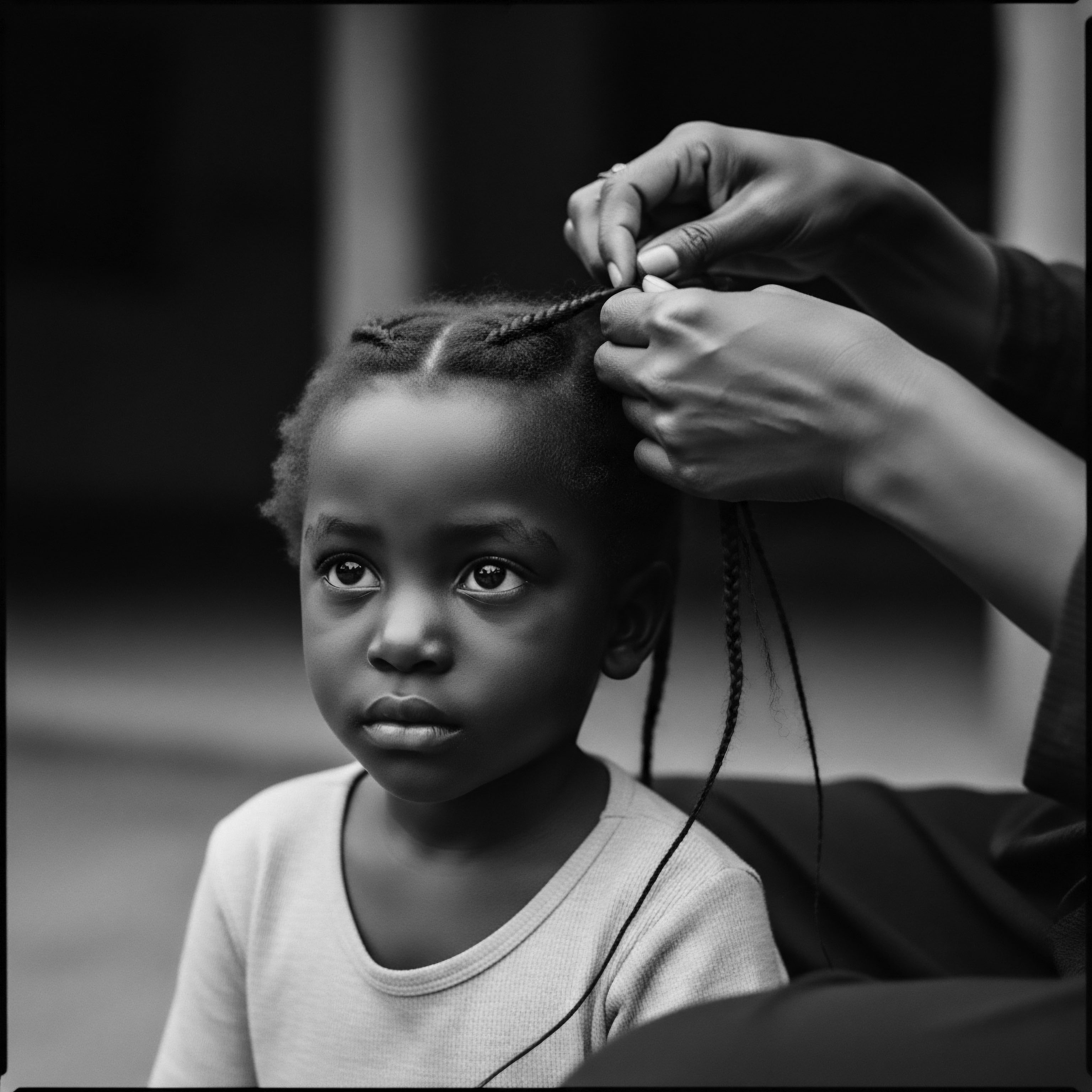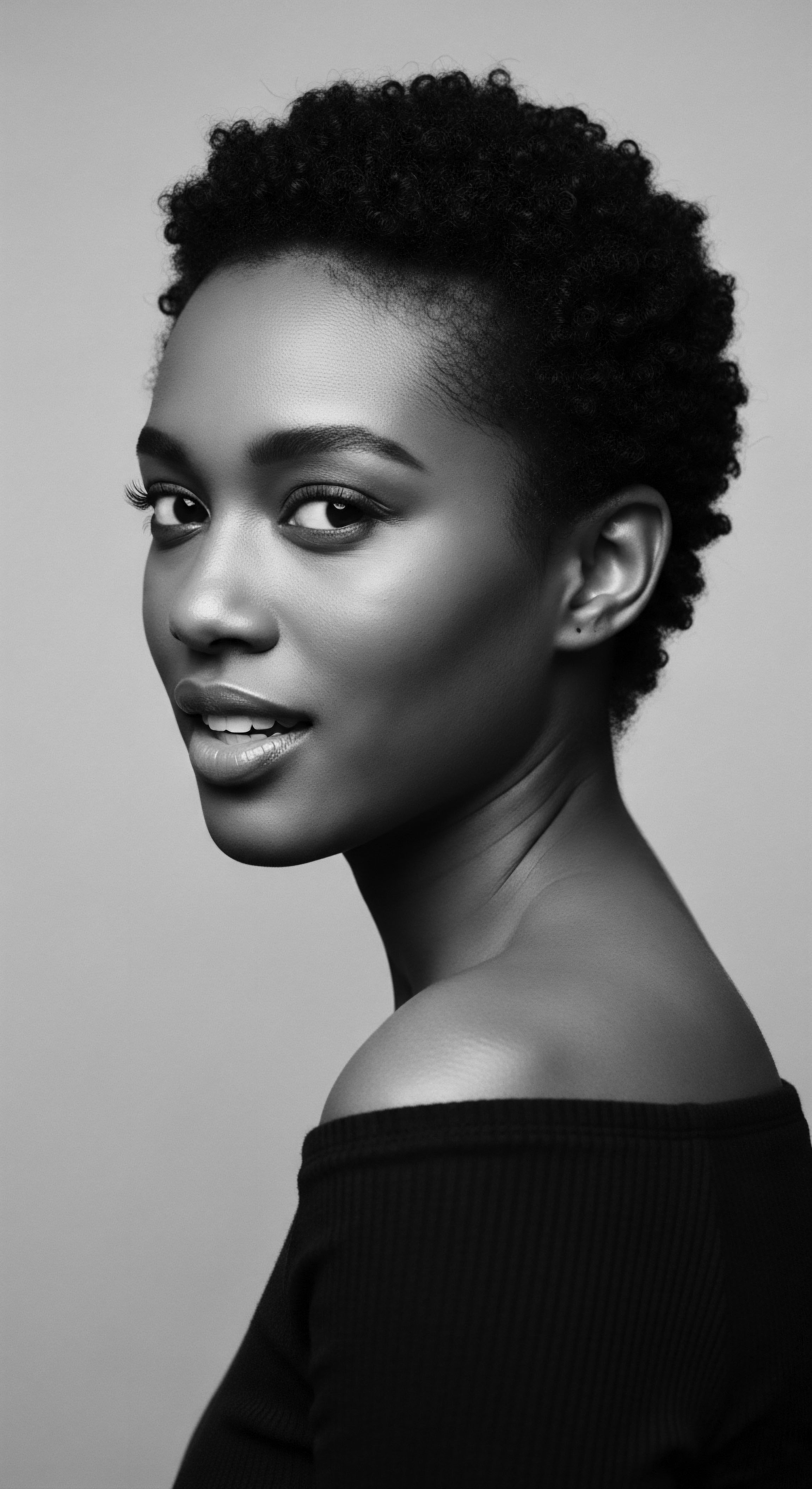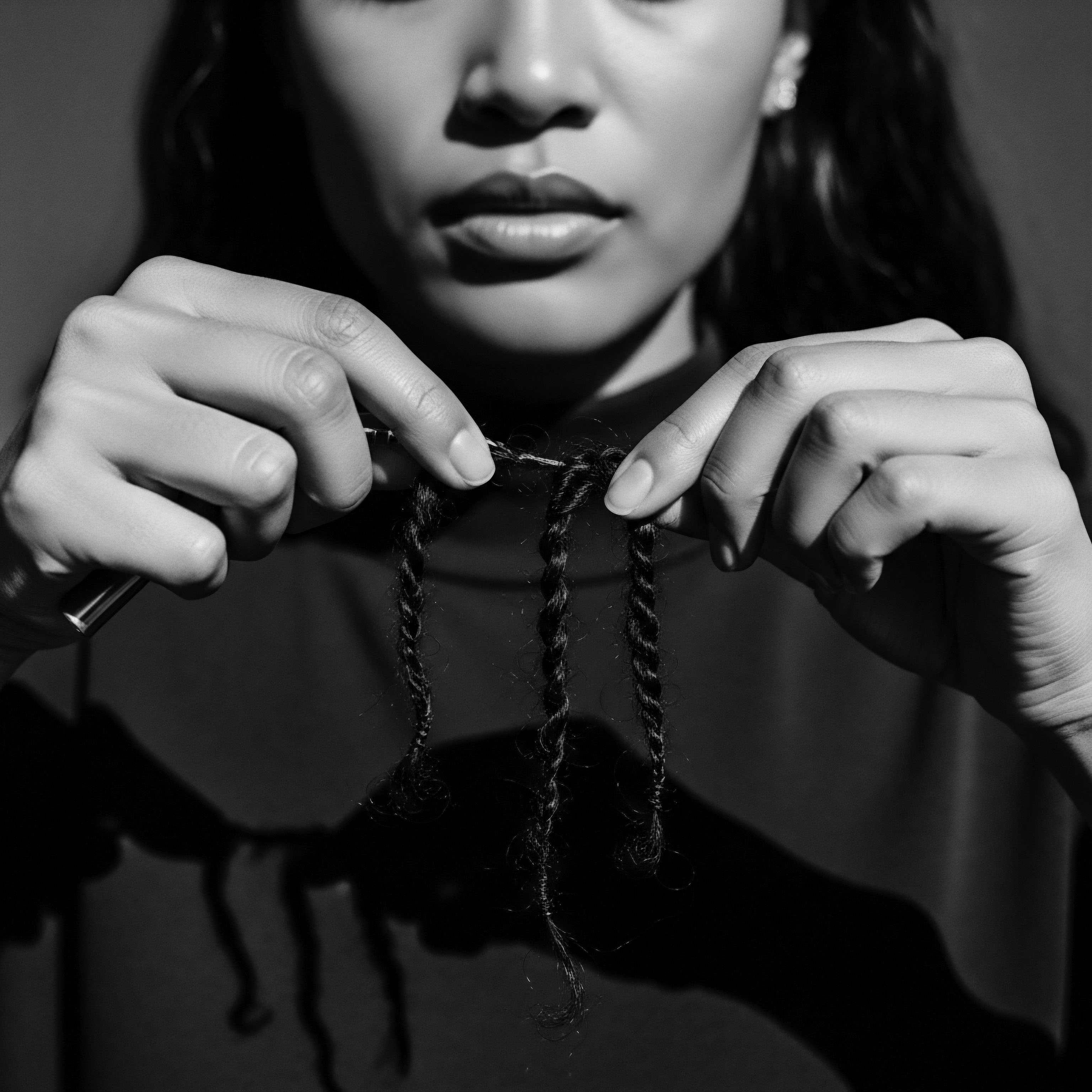
What Traditional Foods Promoted Textured Hair Health?
Ancestral diets rich in diverse, whole foods supplied the foundational nutrients that deeply promoted textured hair health and resilience, honoring an enduring heritage.
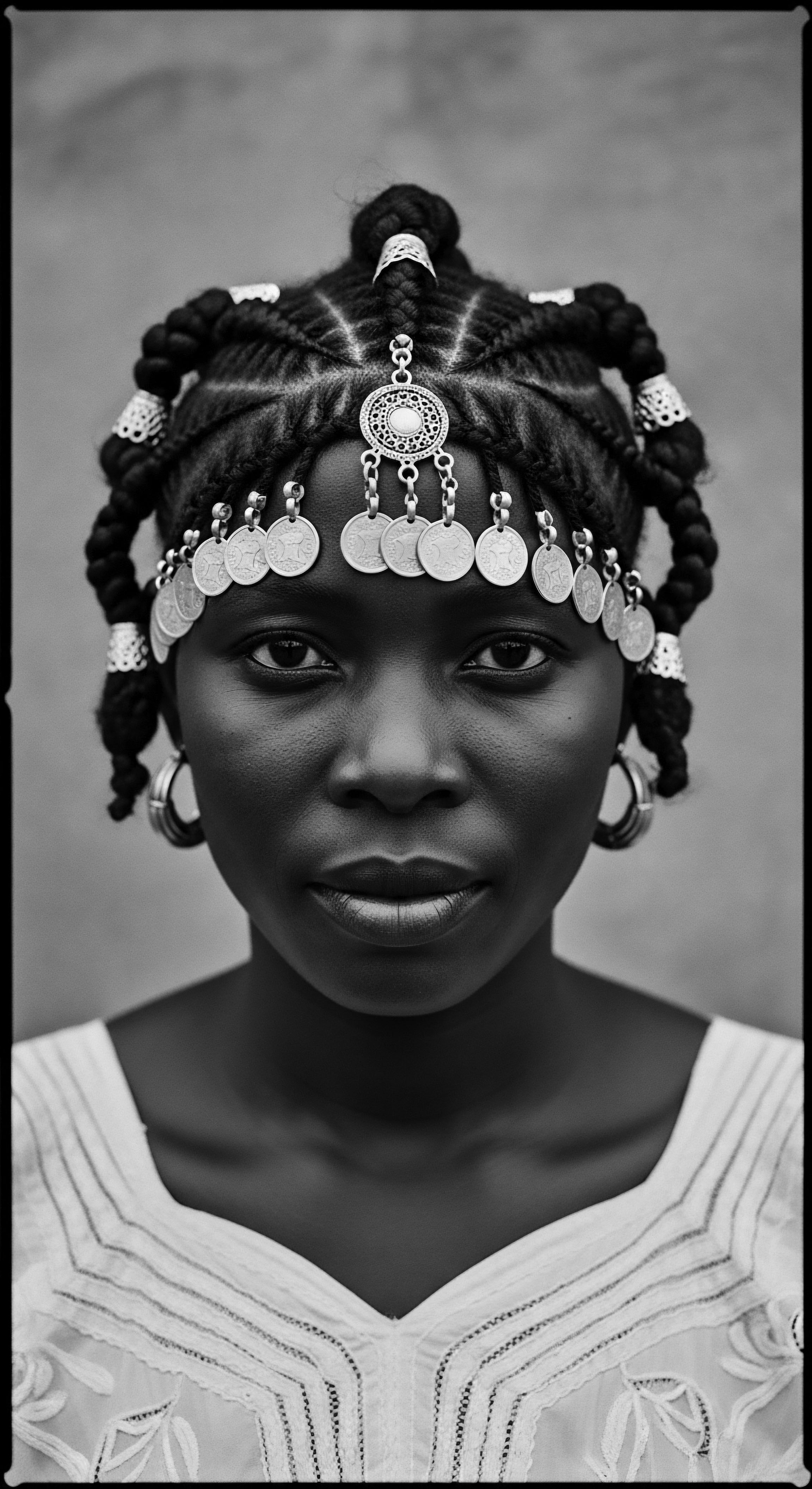
Biological Hair
Meaning ❉ Biological hair refers to the complex protein fiber emerging from hair follicles, whose unique characteristics reflect genetic heritage and shape cultural care traditions.
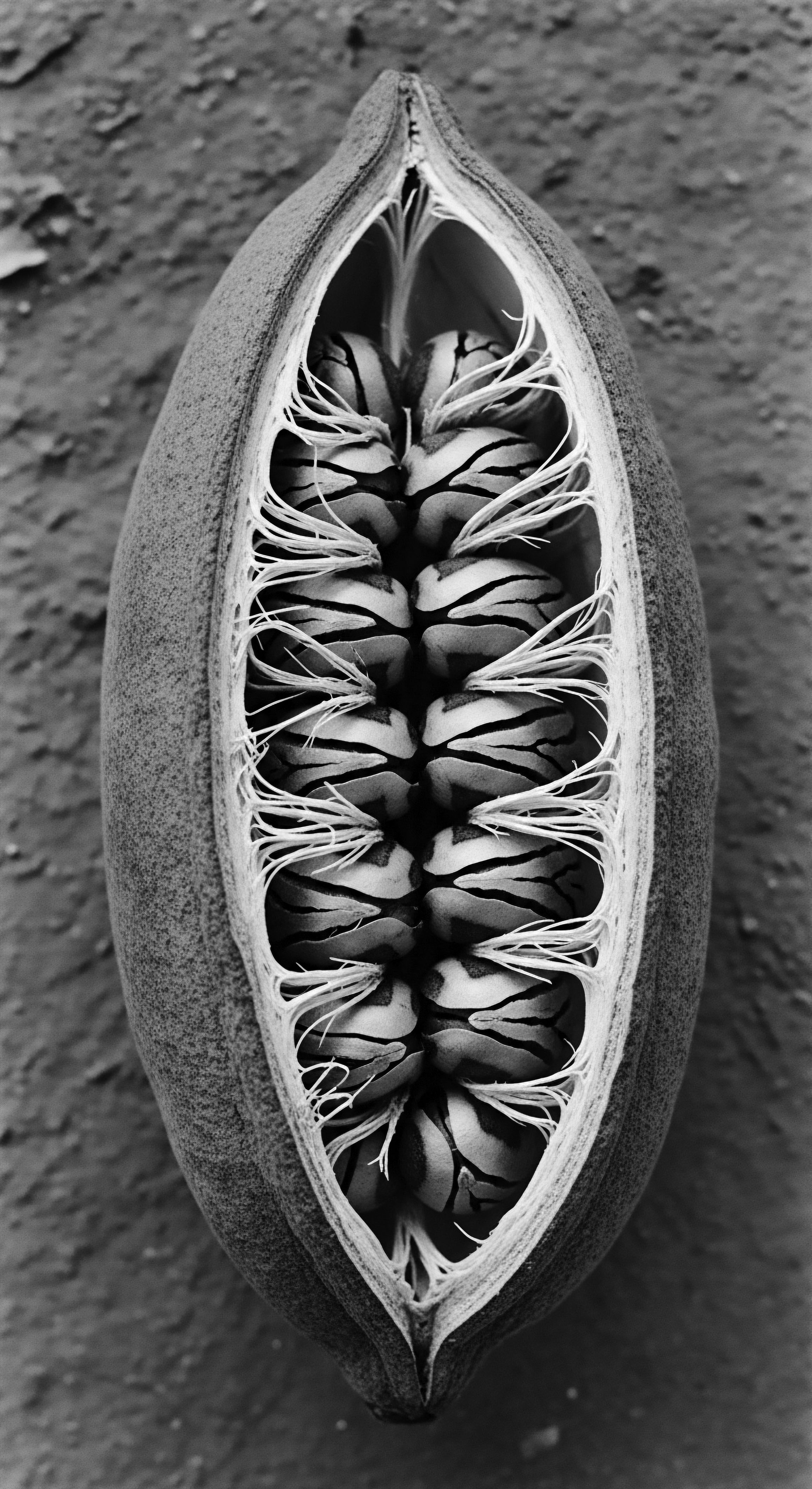
What Scientific Properties Validate Historical Textured Hair Oiling Practices?
Historical textured hair oiling practices are scientifically validated by their deep nourishment, friction reduction, and cuticle protection.
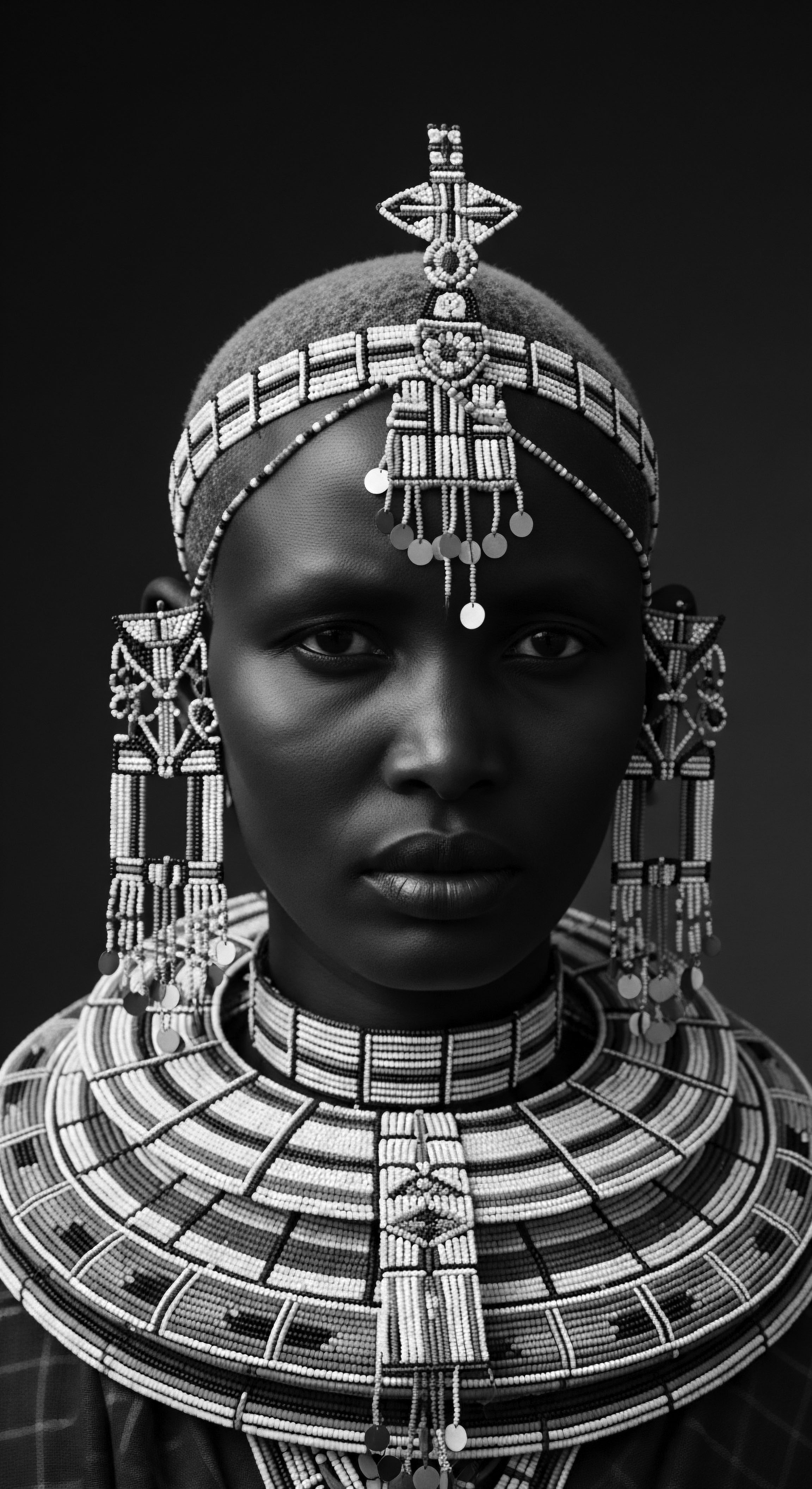
Heritage Knowledge
Meaning ❉ Heritage Knowledge encompasses the ancestral wisdom and enduring practices of care and identity tied to textured hair.
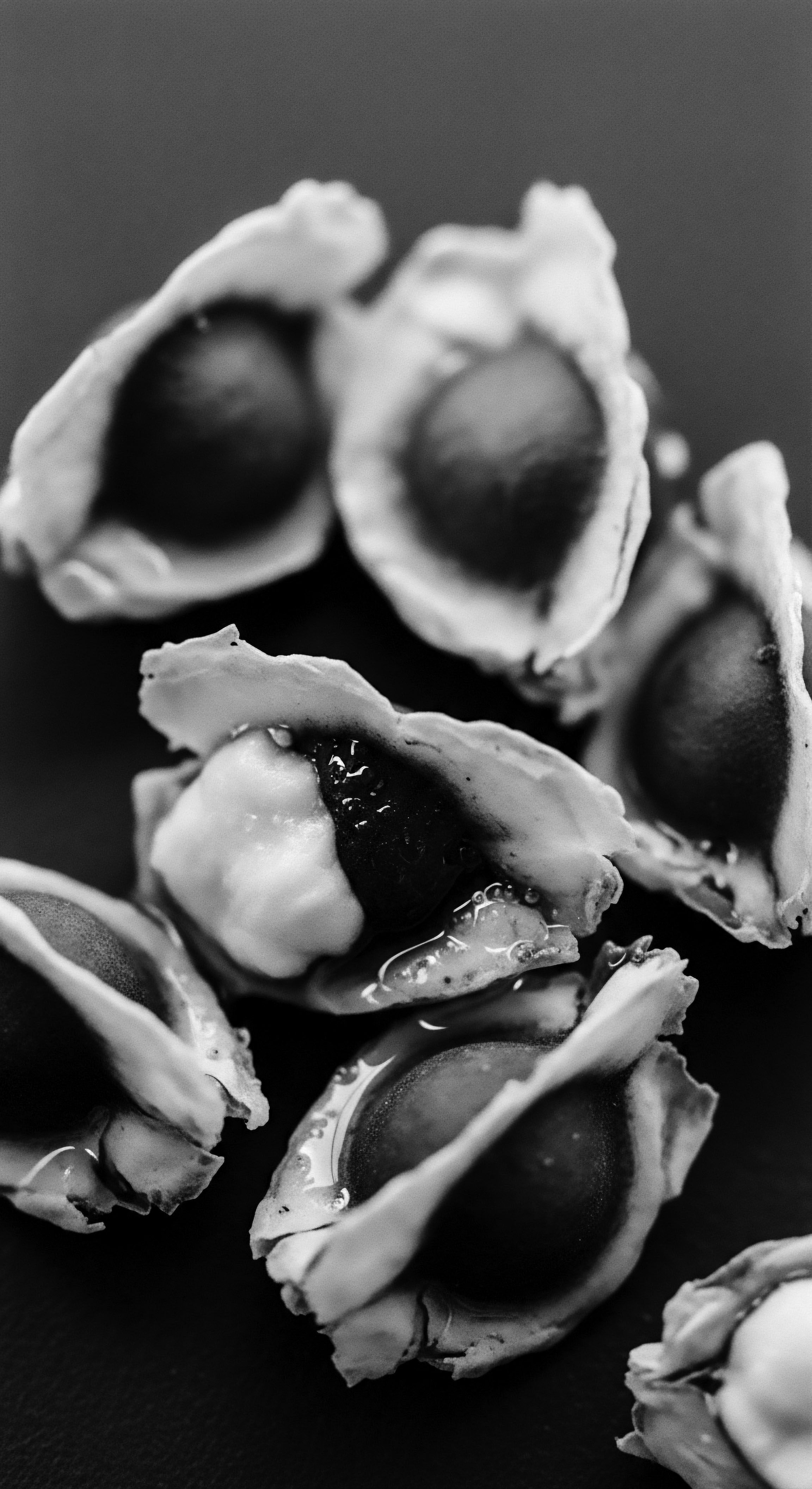
How Does Textured hair’S Biology Benefit from Chebe’s Protective Properties?
Chebe protects textured hair by forming a moisturizing, strengthening barrier, deeply rooted in African ancestral heritage to retain length and resist breakage.
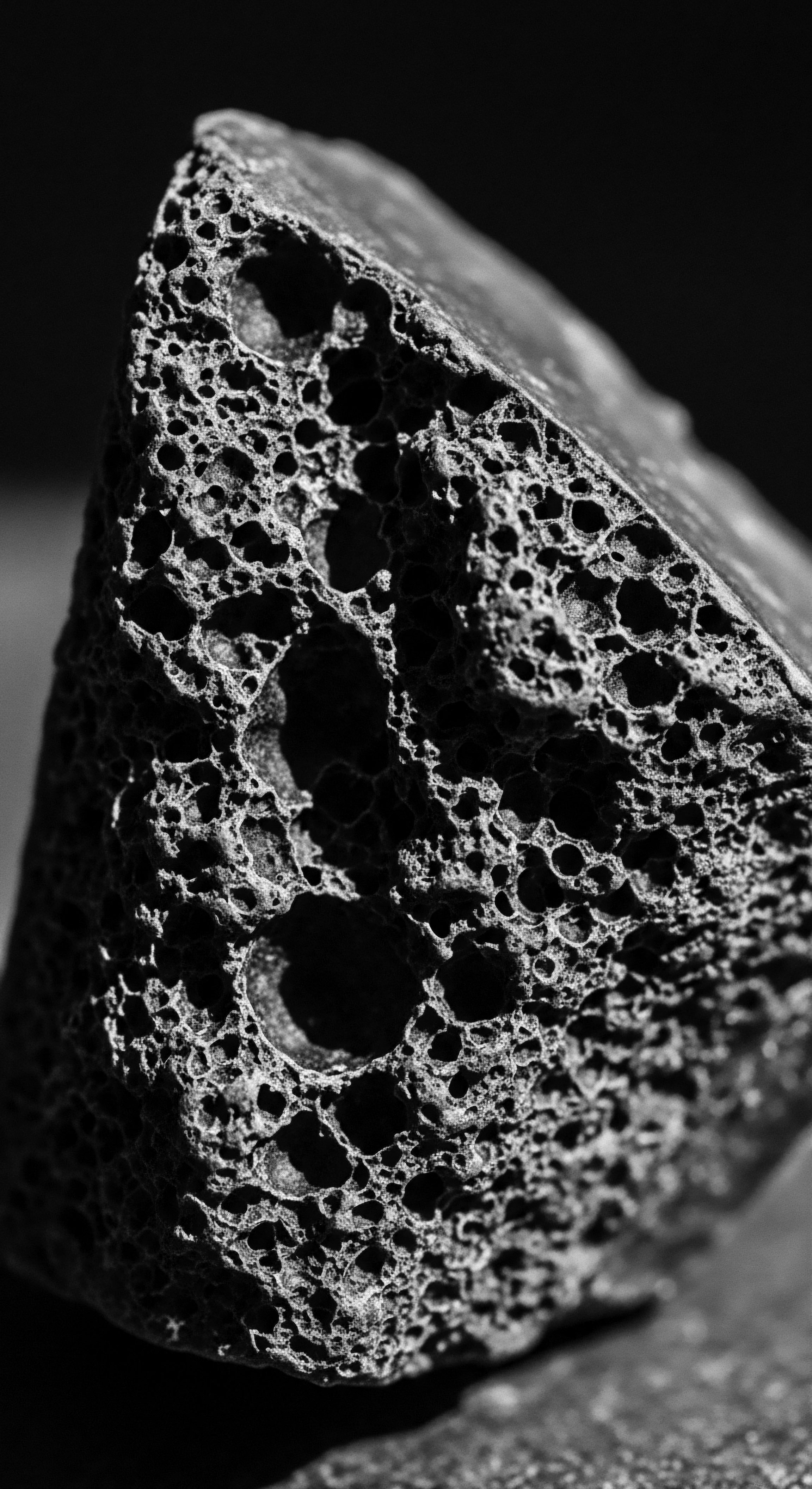
What Is the Ancestral Understanding of Textured Hair Biology?
Ancestral wisdom on textured hair biology rooted in practical care, communal significance, and environmental harmony.
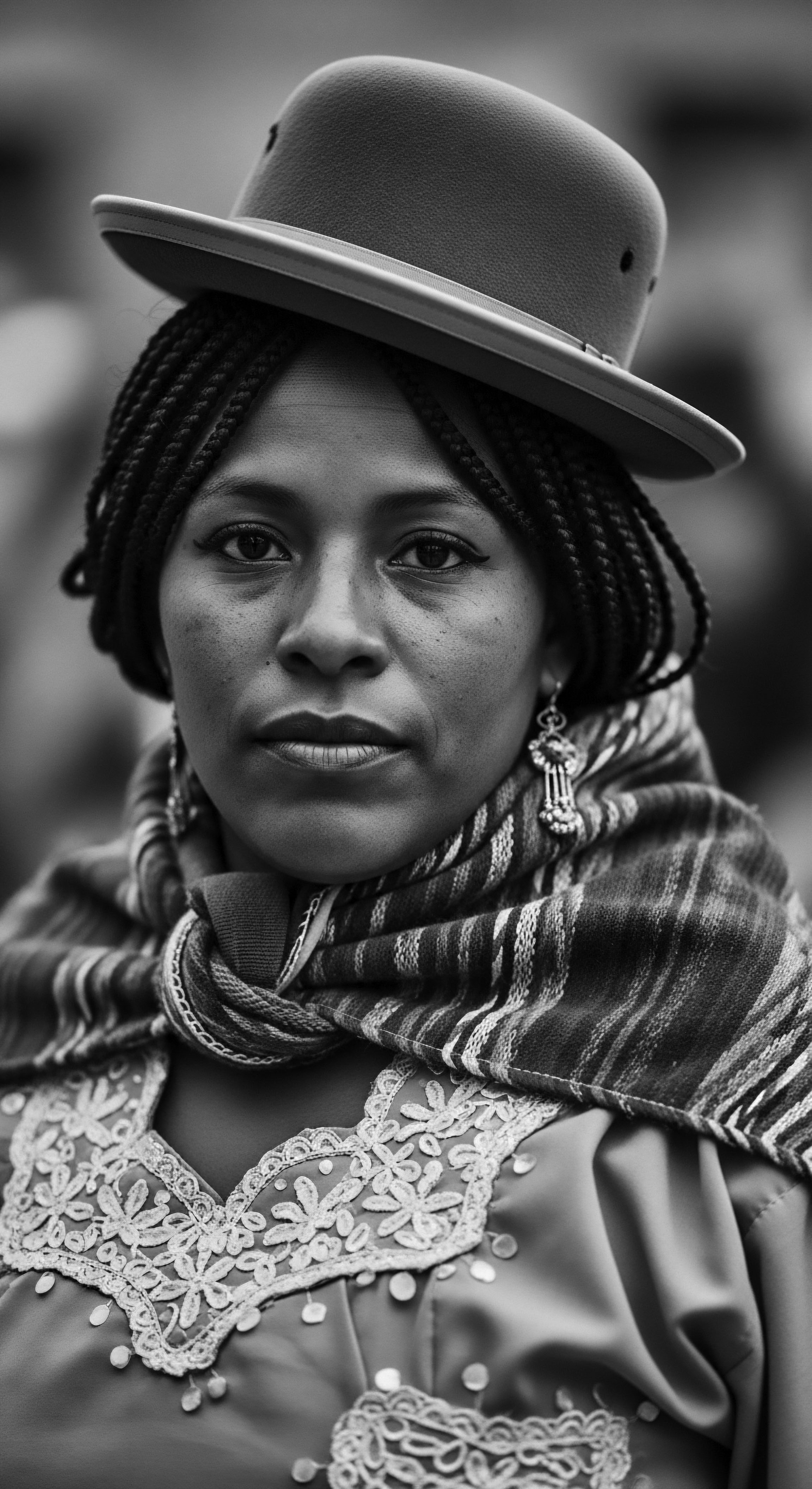
In What Ways Do Ancient Hair Care Methods Influence Modern Textured Hair Practices and Identity?
Ancient hair practices deeply shape modern textured hair care and identity by transmitting ancestral wisdom and cultural resilience.
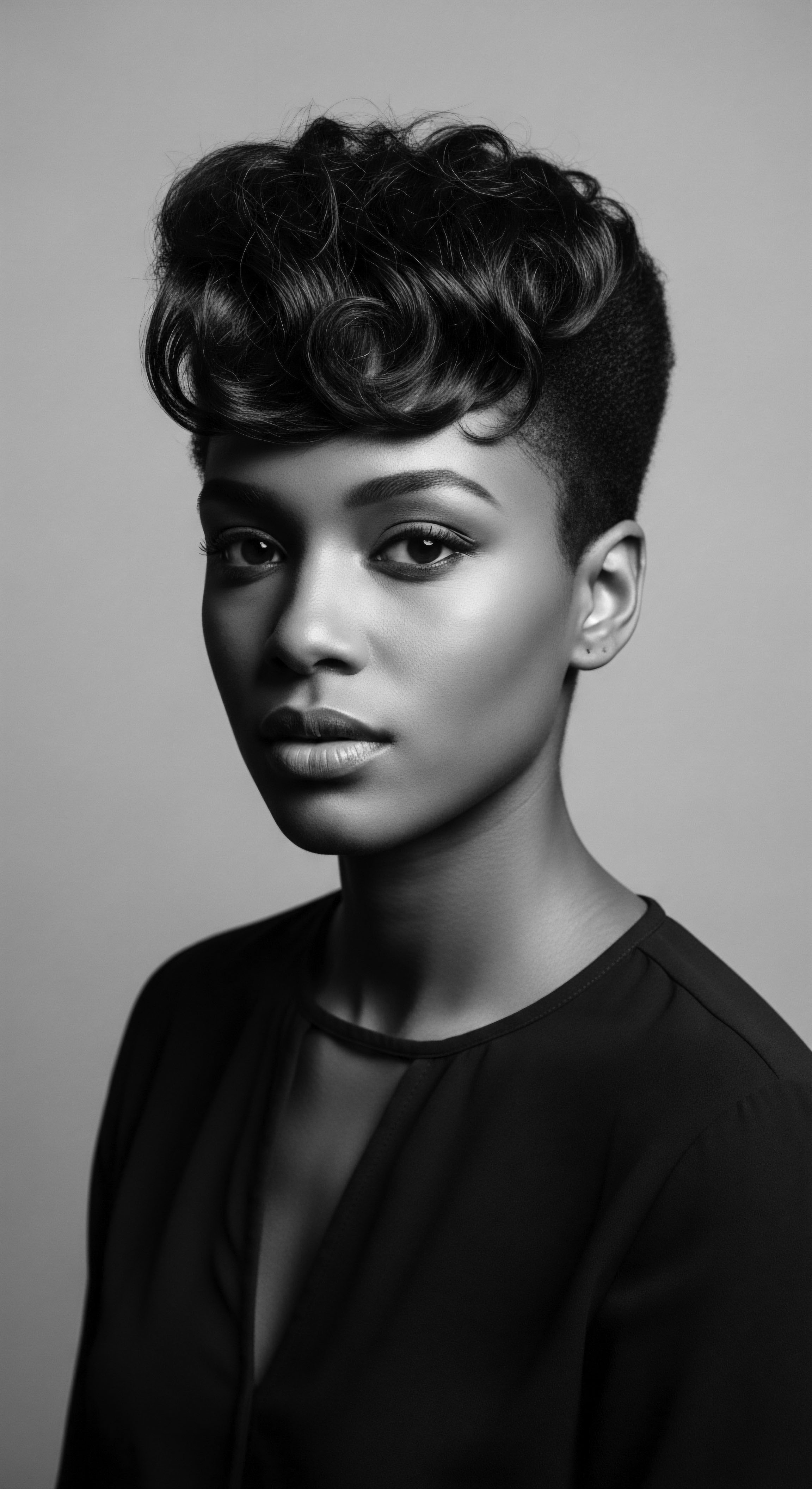
Can Scientific Understanding Validate Traditional Textured Hair Rituals?
Yes, contemporary science affirms traditional textured hair rituals by explaining how age-old practices align with hair biology and protective needs.
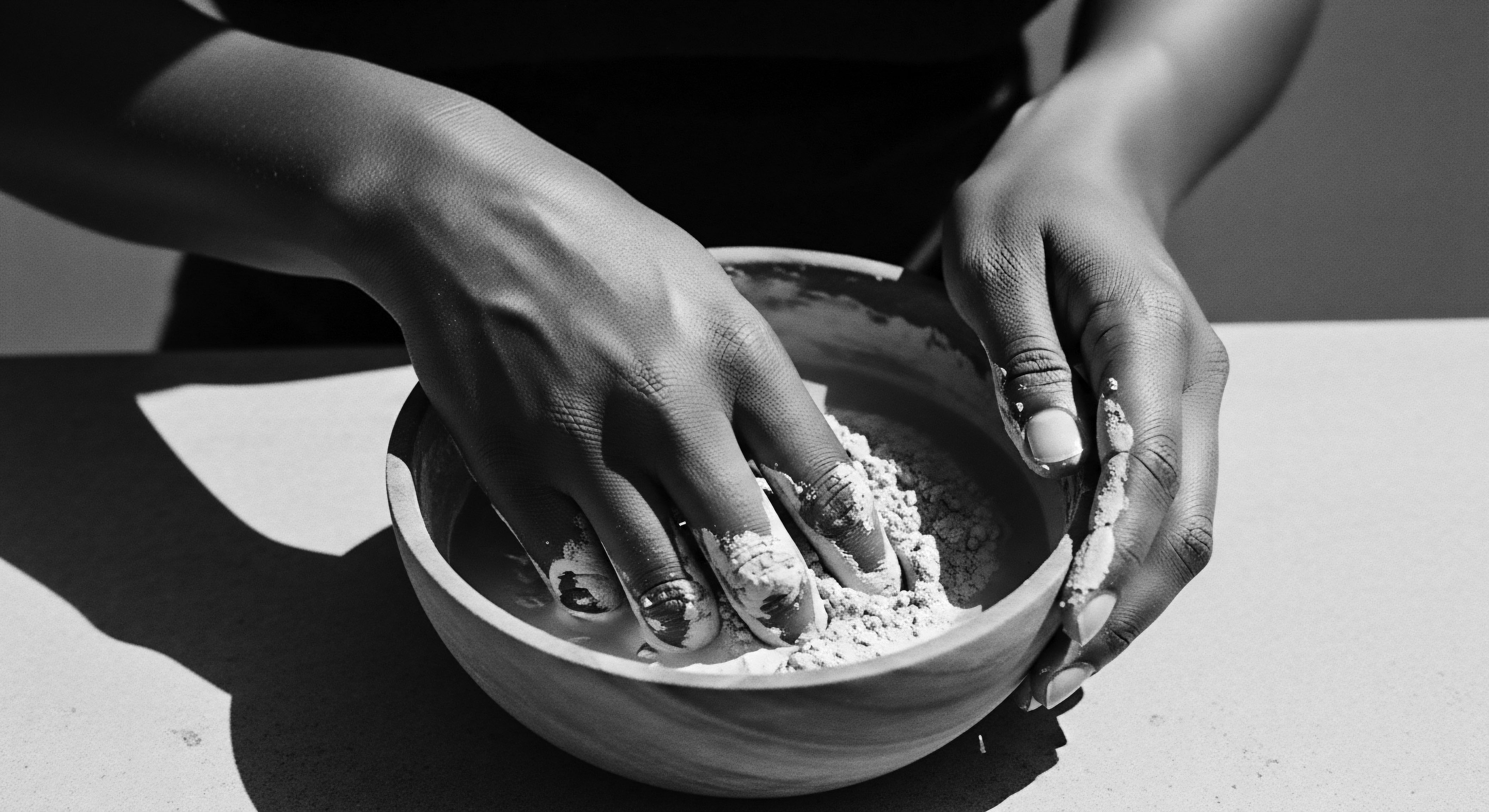
What Biological Factors in Textured Hair Benefit from Historical Protective Styles?
Historical protective styles preserve textured hair's biological factors by reducing manipulation and enhancing moisture retention, embodying ancestral heritage.
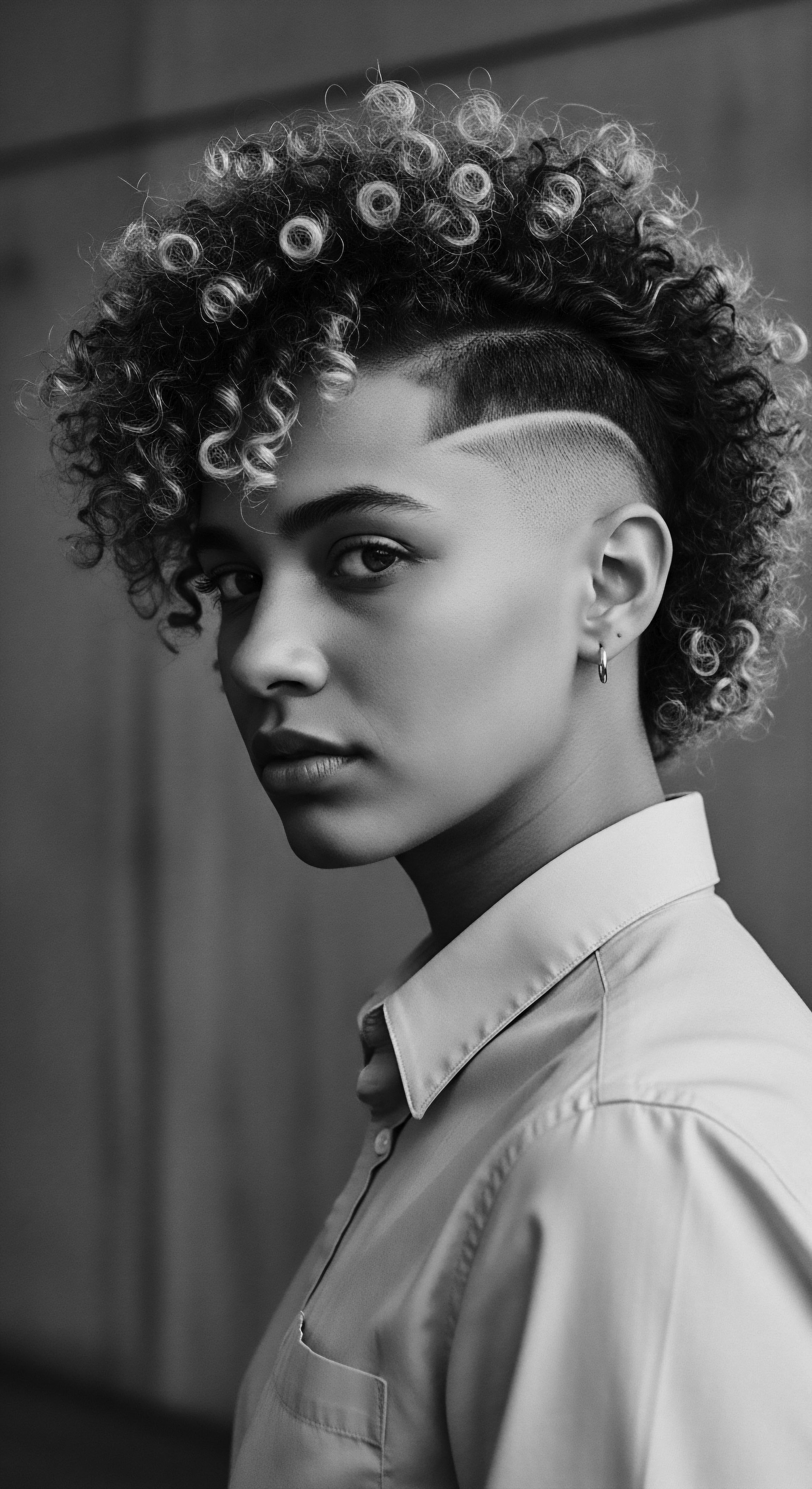
Can Modern Science Validate Historical Textured Hair Protection?
Modern science affirms that historical textured hair protection methods align with contemporary understanding of hair biology and environmental defense, validating ancestral wisdom.
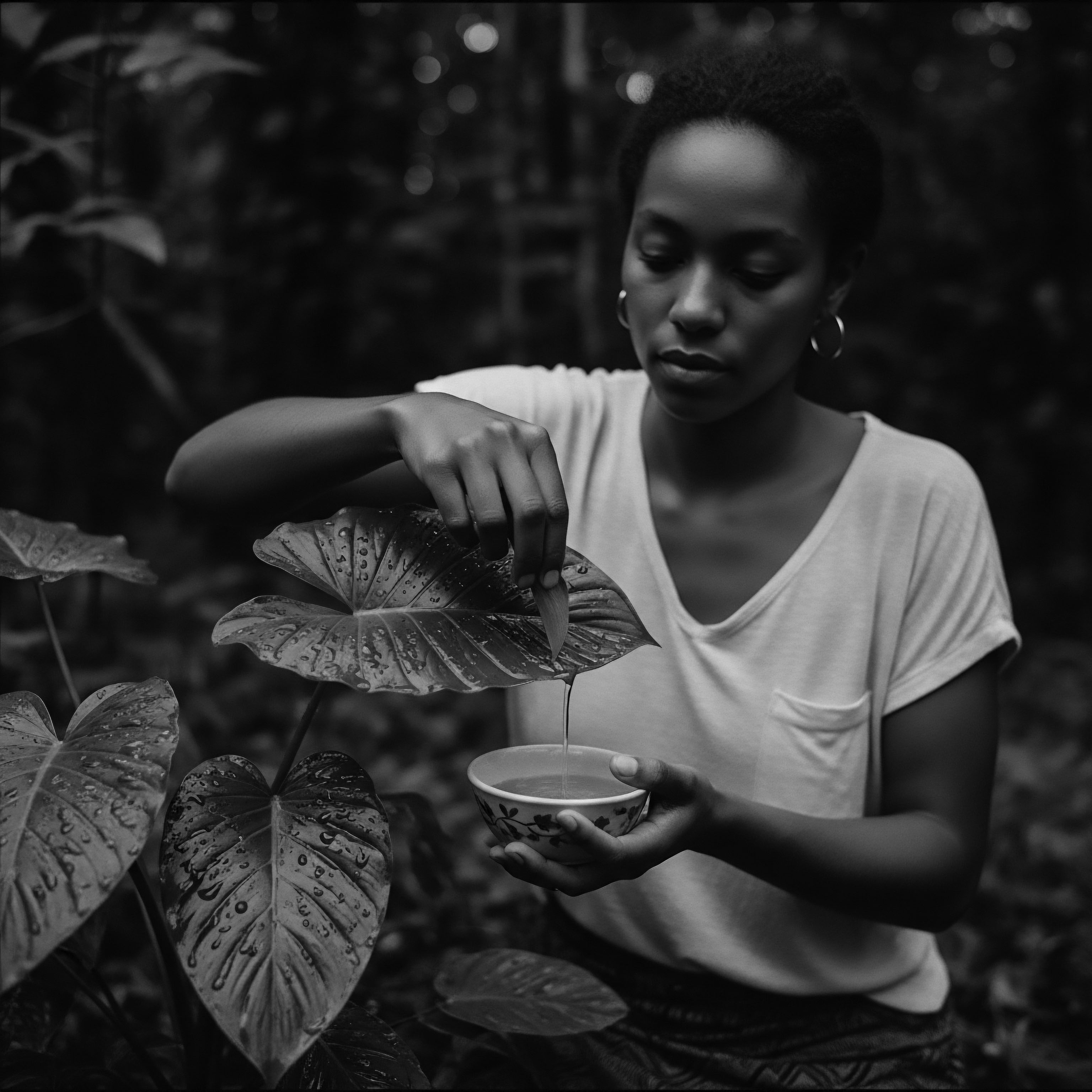
Can Ancient African Cleansing Methods Benefit Modern Textured Hair Routines?
Ancient African cleansing methods offer modern textured hair routines a heritage of gentle, plant-based care promoting deep nourishment.
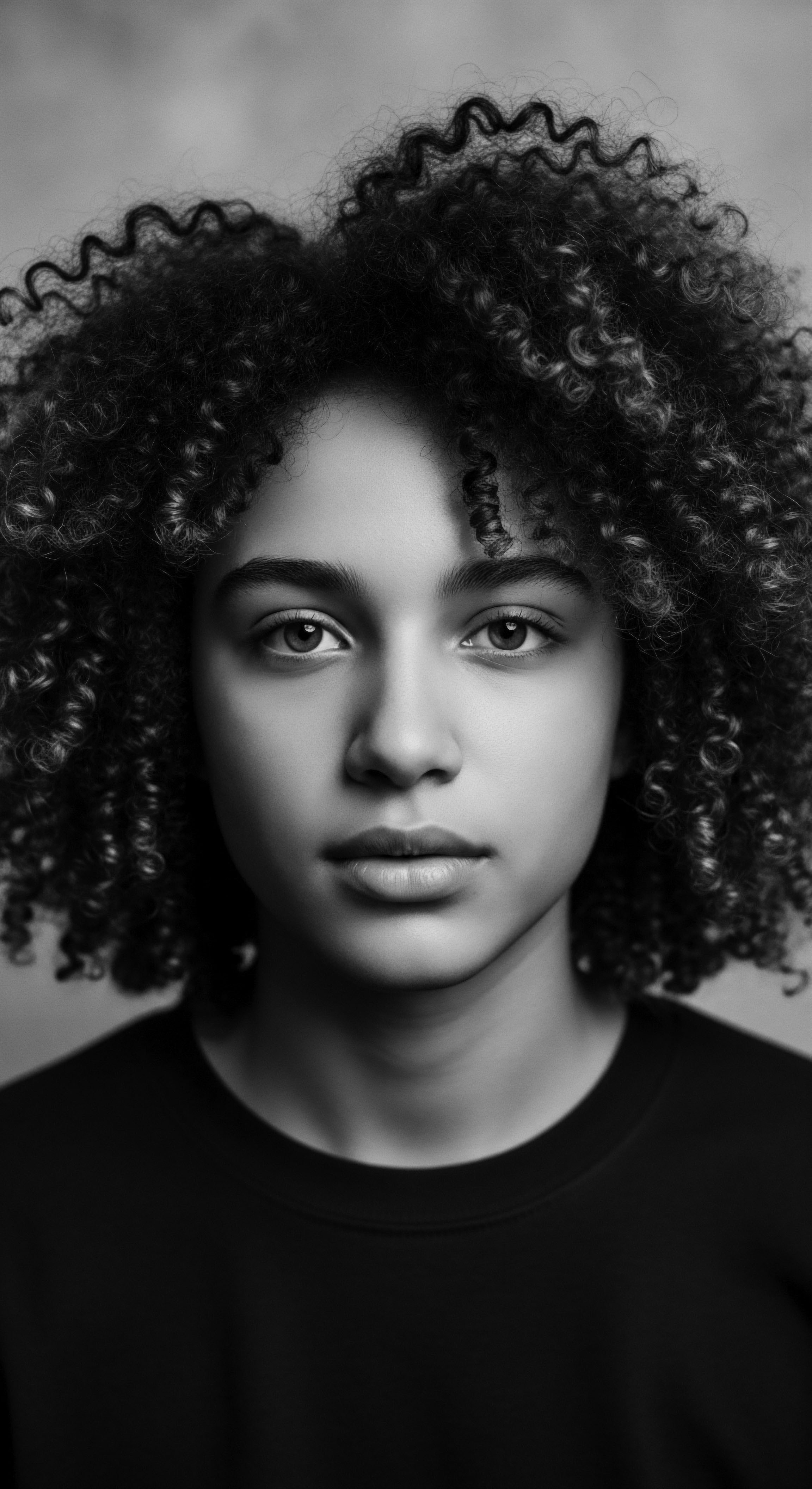
What Is the Cultural Significance of Protective Styles in Textured Hair History?
Protective styles signify enduring cultural memory and resilience, connecting individuals to Black and mixed-race textured hair heritage.
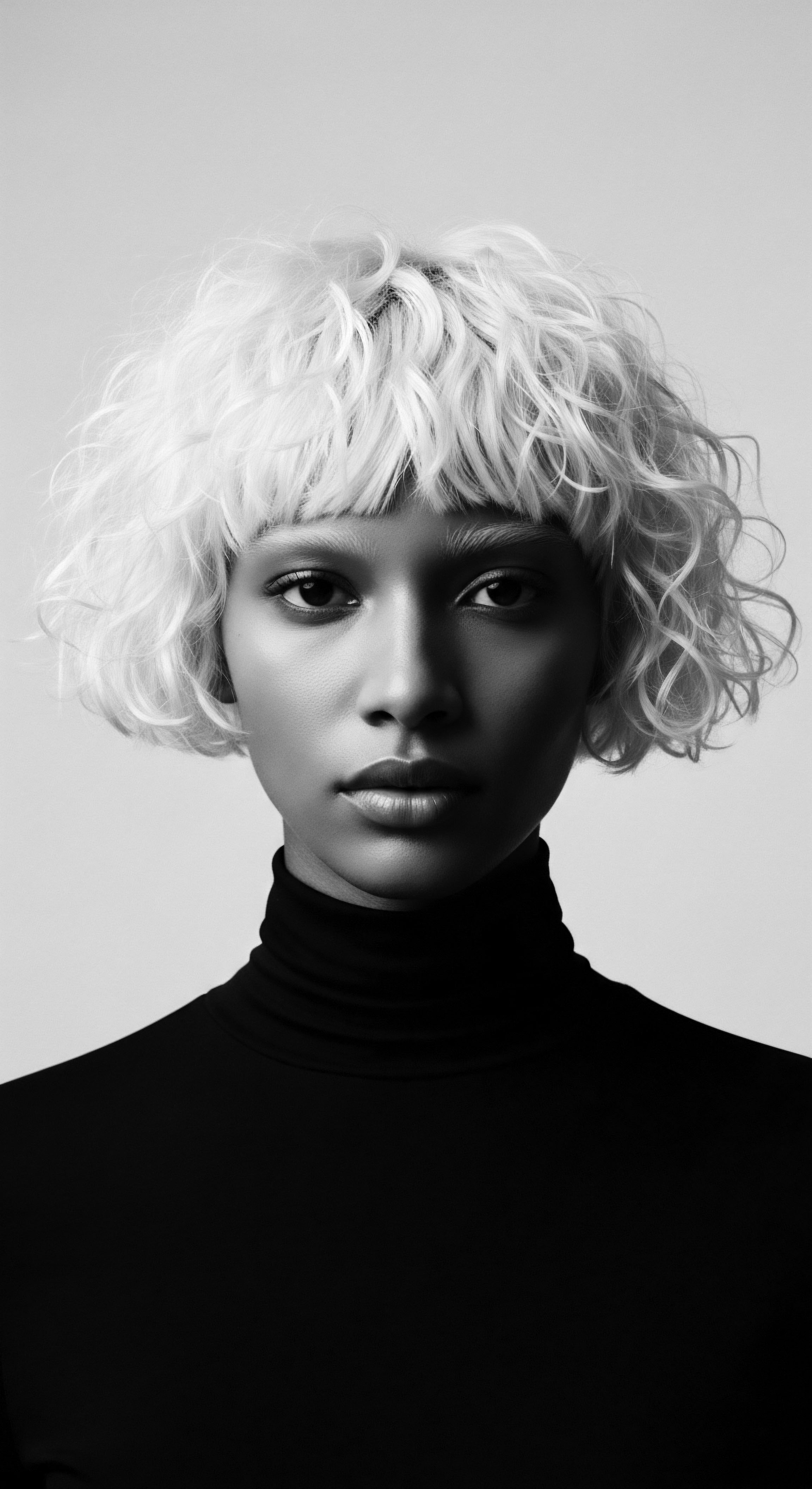
What Biological Structures Form Textured Hair?
Textured hair’s structure originates from elliptical follicles and asymmetrical keratin, profoundly shaping its heritage of care and identity.
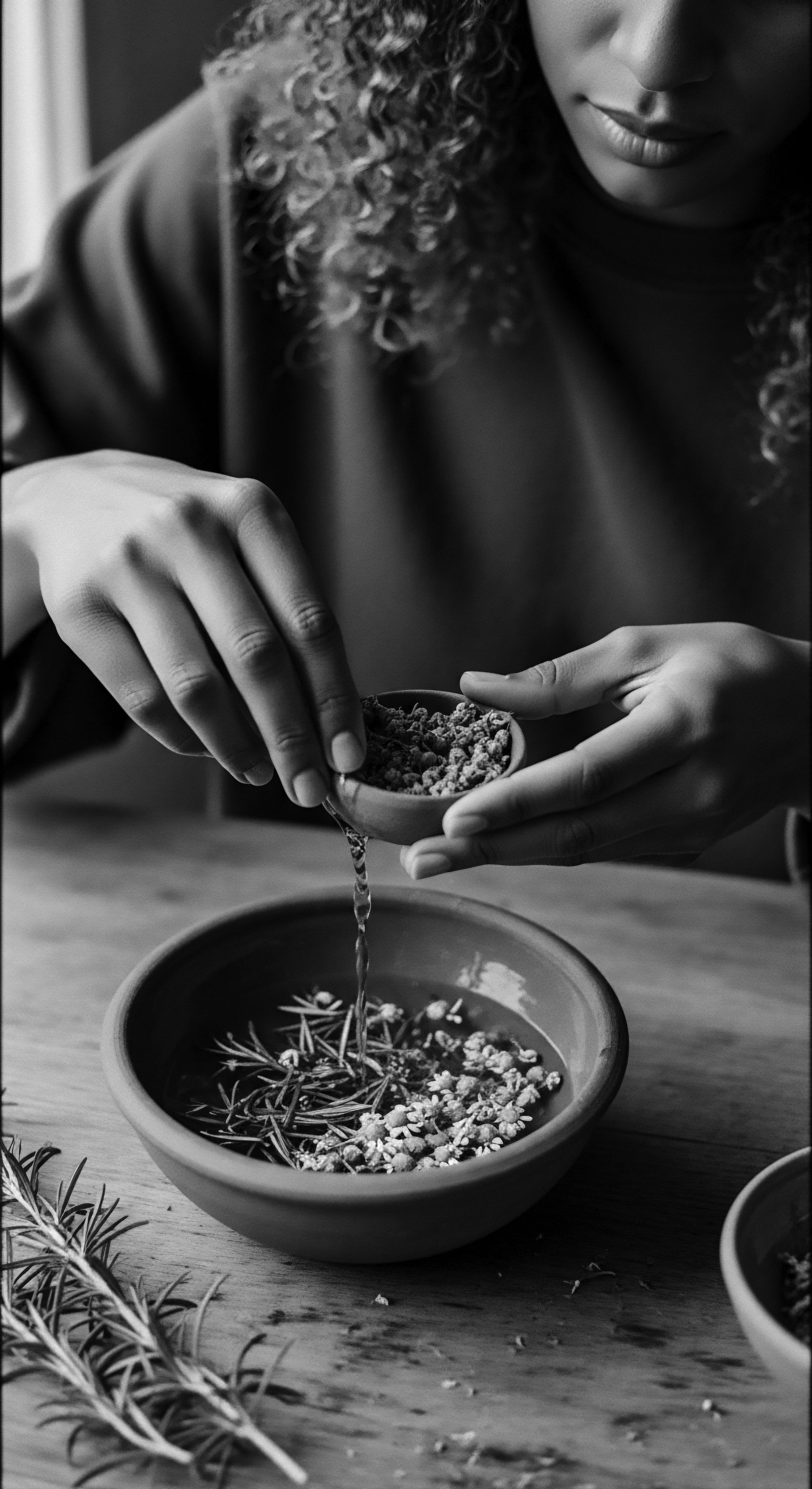
What Historical Ingredients Supported Textured Hair Moisture Retention?
Ancestral practices for textured hair moisture retention relied on plant oils and butters like shea and olive to preserve hydration.
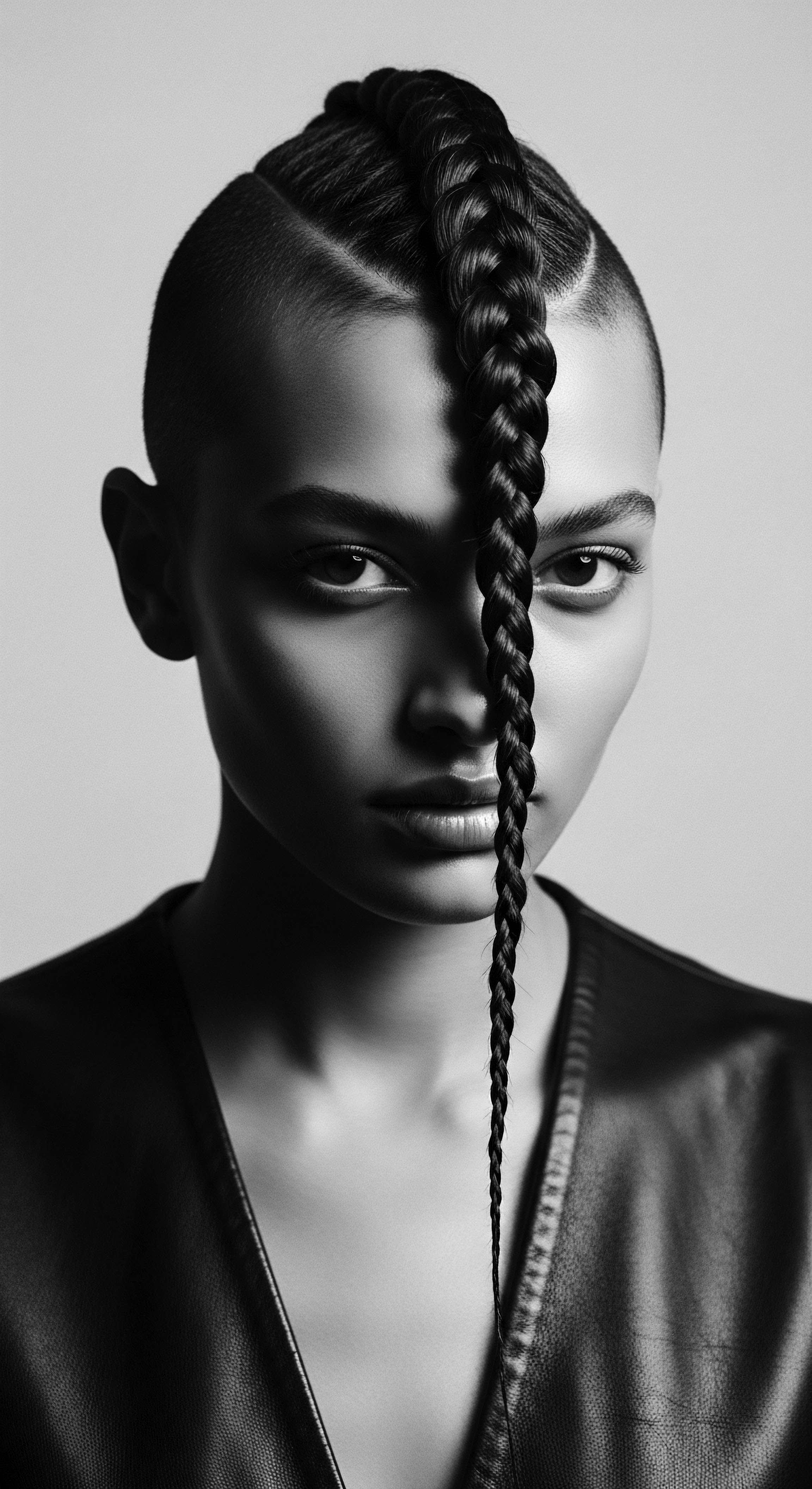
How Can Historical Oiling Traditions Inform Modern Textured Hair Routines?
Historical oiling traditions offer timeless insights for modern textured hair routines, affirming ancient methods with contemporary understanding for enhanced care.
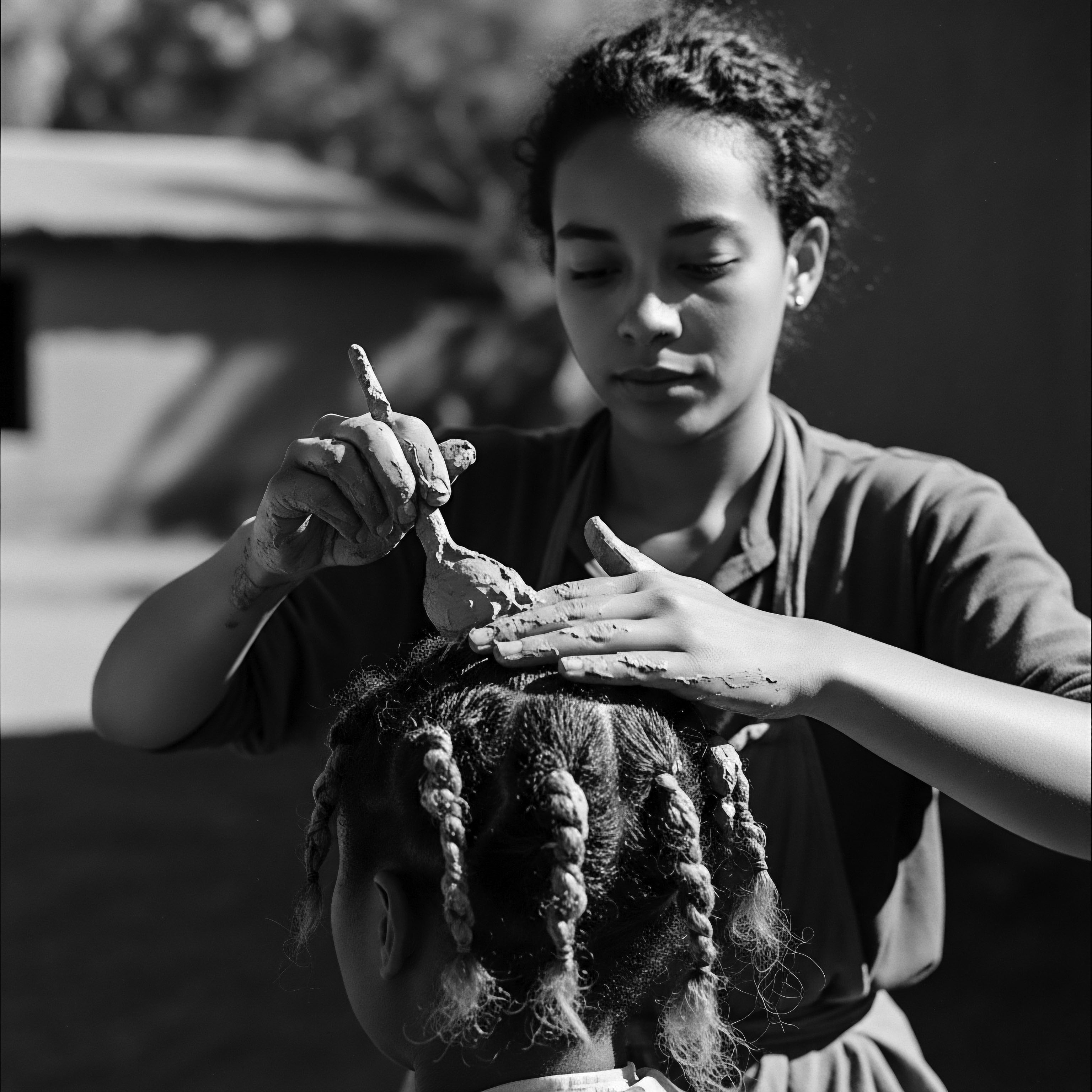
Do Ancient Protective Styles Still Benefit Textured Hair Today?
Ancient protective styles continue to shield textured hair from damage, preserving its heritage and promoting growth.

